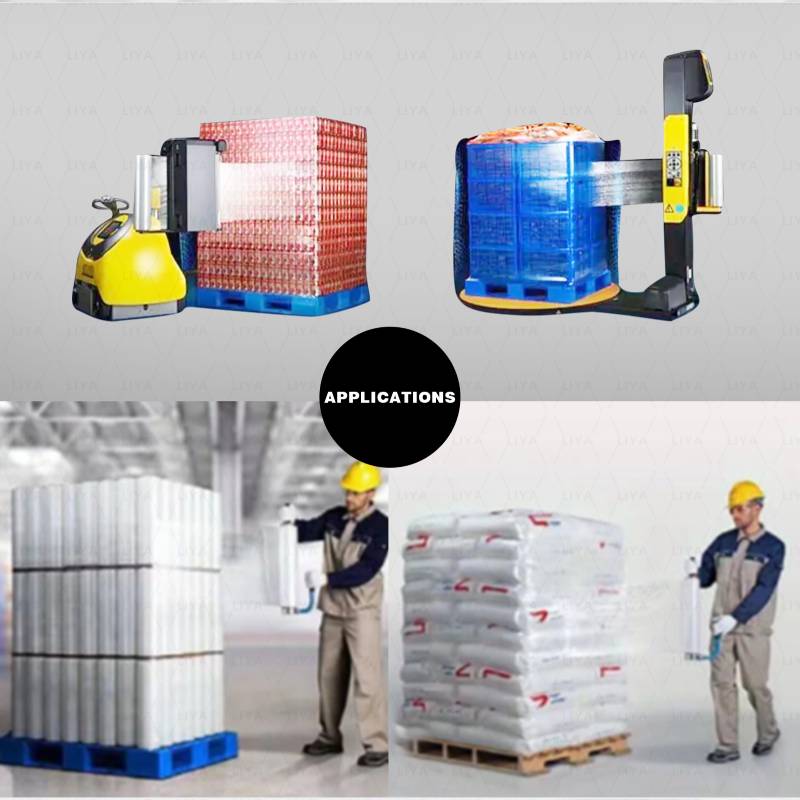Essential Guide to Using Disposable Gloves for Safe Food Preparation
The Importance of Disposable Gloves in Food Preparation
In the culinary world, hygiene is paramount. As cooks and food handlers strive to create delicious meals, they must also prioritize the health and safety of their customers. One of the simplest yet most effective tools for achieving high levels of hygiene in food preparation is the use of disposable gloves. This article explores the significance of disposable gloves in food prep, their benefits, and best practices for usage.
Ensuring Food Safety
One of the primary reasons for using disposable gloves in food preparation is to ensure food safety. Foods can become contaminated with harmful bacteria, viruses, and parasites, which can lead to foodborne illnesses. According to the Centers for Disease Control and Prevention (CDC), approximately 48 million people in the United States become ill from foodborne illnesses each year. Using disposable gloves reduces the risk of cross-contamination, as they provide a barrier between food and potentially harmful contaminants present on hands.
Maintaining Personal Hygiene
Cooks and food handlers are often exposed to various substances, including raw meat, poultry, seafood, and produce, each of which presents unique hygiene challenges. Wearing disposable gloves allows food handlers to maintain personal hygiene while preparing food. It prevents direct contact with bacteria from raw products and eliminates the need for constant hand washing, which can sometimes lead to skin irritation.
Better Compliance with Health Regulations
In many jurisdictions, food safety regulations require the use of gloves by food handlers. Restaurants and food service providers that fail to comply with these regulations can face hefty fines and damage to their reputations. By utilizing disposable gloves, food establishments not only adhere to health regulations but also demonstrate their commitment to food safety and hygiene.
Convenience and Efficiency
Disposable gloves provide convenience for food handlers. They are available in various sizes and materials, making it easy for cooks to find the right fit for their hands. Most gloves are made from latex, vinyl, or nitrile, allowing for flexibility and dexterity during food preparation tasks. Additionally, they can be quickly put on and removed, enabling food handlers to switch tasks without compromising safety. This is particularly important in busy kitchens where time is of the essence.
disposable gloves food prep

Reducing Allergens
Another advantage of using disposable gloves is the reduction of allergen exposure in food preparation. Many people suffer from food allergies, and cross-contamination can lead to serious health consequences. By wearing disposable gloves, food handlers can prevent allergens from spreading across work surfaces and ingredients. For instance, using gloves while preparing gluten-free meals ensures that gluten-containing substances do not inadvertently mix with allergen-free options.
Sustainability Considerations
While disposable gloves play a vital role in food preparation, it is essential to consider their environmental impact. Many disposable gloves are made from non-biodegradable materials, contributing to landfill waste. As the food industry moves towards sustainable practices, many manufacturers now offer biodegradable glove options, allowing food handlers to maintain hygiene without compromising environmental responsibility.
Best Practices for Using Disposable Gloves
To maximize the benefits of disposable gloves in food prep, it is crucial to follow best practices. First and foremost, gloves should be changed frequently, especially after handling raw meat, poultry, or other potentially hazardous foods. Food handlers should also wash their hands thoroughly before putting on gloves to eliminate any germs or bacteria. It is vital to inspect gloves for any tears or punctures before use. If a glove is damaged, it should be replaced immediately.
Moreover, it is important to remember that gloves should not be seen as a substitute for handwashing. Hand hygiene remains a critical component of food safety, and food handlers should wash their hands regularly, both before and after wearing gloves.
Conclusion
In conclusion, disposable gloves are an essential tool in the realm of food preparation. They aid in ensuring food safety, maintaining personal hygiene, and complying with health regulations while enhancing convenience for food handlers. As these tools evolve with an increasing focus on sustainability, their proper usage will continue to play a significant role in the culinary industry. By implementing best practices for glove use, food establishments can safeguard the health of their customers while providing delicious meals with confidence.
-
The Best Uses for Small Trash Bags in Daily LifeNewsJul.01,2025
-
Stylish Reusable Grocery Bags TrendsNewsJul.01,2025
-
Shipping Advantages of Using Bubble Envelopes BulkNewsJul.01,2025
-
How Compostable Mailing Bags Reduce Environmental ImpactNewsJul.01,2025
-
Environmentally - Friendly Bulk Poly MailersNewsJul.01,2025
-
Eco Friendly Custom Laminated Tote BagsNewsJul.01,2025
-
Have the freedom of customizing your custom mailers any way you want! Our dedicated packaging support will help deliver you the mailing experience you need to elevate your shipping experience to the next level! Start making a strong impression on your customers and stand out from your competitors! -
LIYA uses high quality raw materials which directly purchased from large enterprises domestic and overseas such as PetroChina, Sinopec, Sabic, Equate, ExxonMobil, Dow Chemical, Total, and Borouge, ensuring the price advantage and quality of the raw materials. -
LIYA uses high quality raw materials which directly purchased from large enterprises domestic and overseas such as PetroChina, Sinopec, Sabic, Equate, ExxonMobil, Dow Chemical, Total, and Borouge, ensuring the price advantage and quality of the raw materials.





